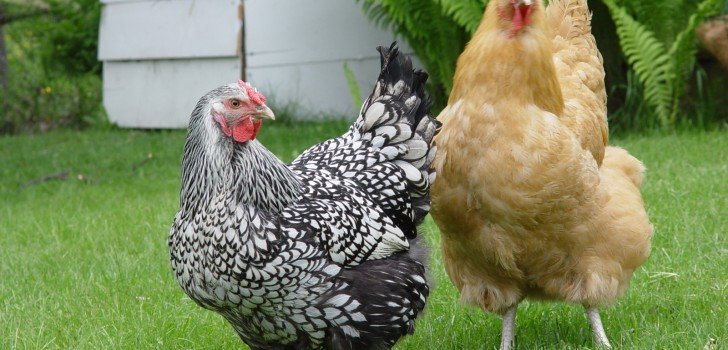A research team which studied long term pedigree chickens found that in just a time period of 50 years, two significant mutations in the mitochondrial (mother) DNA of the birds had taken place.The study was led by Oxford University Professor Greger Larson.
This rate of change is much faster than scientists had predicted. Based on this groundbreaking study, these chickens evolved 15 times faster than expected.
Another unusual event occurred where the DNA from a mother was passed down from a father, in an act known by scientists as “paternal leakage”.
What it all comes down to is that animals can change at a faster pace than scientists previously thought was possible.
Professor Larson said, “Our study shows that evolution can move much faster in the short term than we had believed from fossil-based estimates.”
During the research time period that the scientists studied the chickens, two mutations took place when even just one would have been considered to be extremely unlikely. Previous estimates showed that mitochondrial DNA changed at a rate of about 2% every million years.
The new study shows that there is a major disparity between long term and short term evolution. One theory from the findings is that DNA evolves in a manner that is not neutral.
In other words, a purifying selection process takes place and negative mutations are quickly removed. The result is that in the short term, there is an increase in evolution rates. Additionally, instances of parental leakage are more likely to occur.
University of York Professor Dr. Michelle Alexander explained, “The one thing everyone knew about mitochondrial (DNA) is that it is almost exclusively passed down the maternal line, but we identified chicks who inherited their mitochondria from their father, meaning so-called “paternal leakage” can happen in avian populations. Both of these findings demonstrate the speed and dynamism of evolution when observed over short time periods.”
Stay Connected